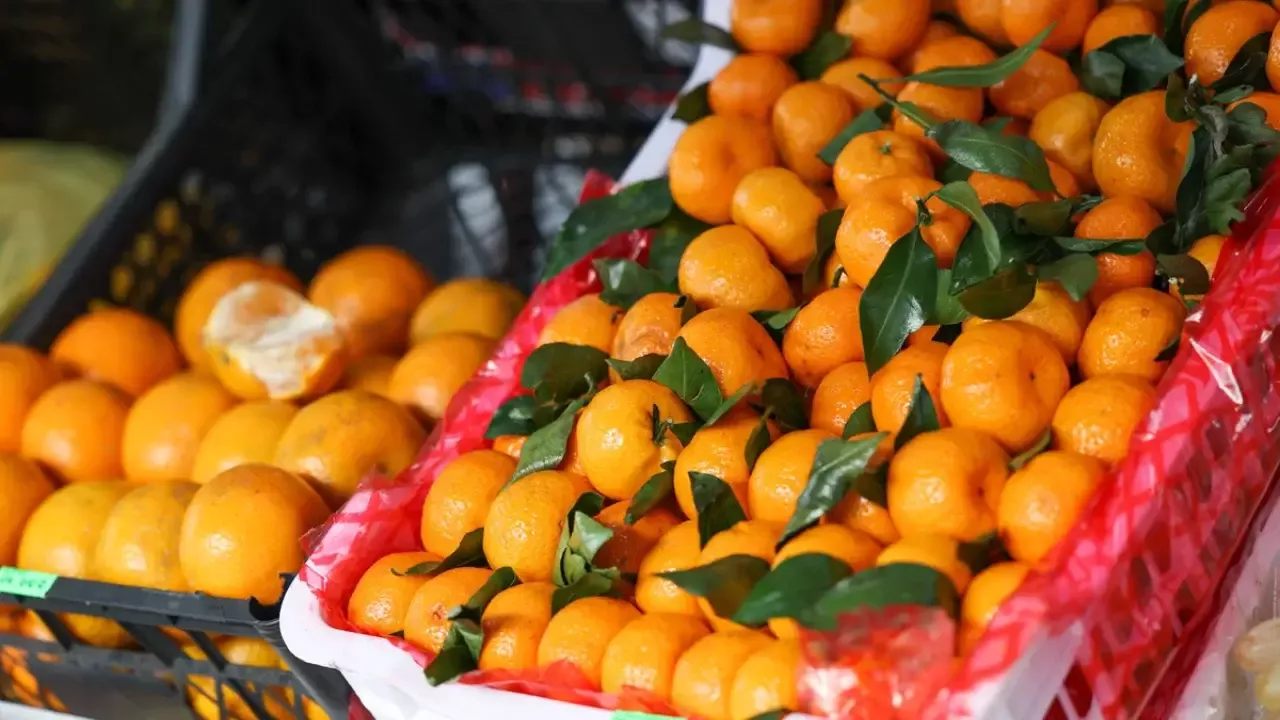Harmful organisms detected in mandarins imported from Kazakhstan

Products with high phytosanitary risk imported into the territory of Uzbekistan are constantly monitored. This was reported by Zamin.uz.
Within this framework, a sample of mandarins was examined at the Central Phytosanitary Laboratory. According to the inspection results, harmful organisms Aonidiella aurantii and Dysmicoccus brevipes were detected in a batch of mandarins brought in through Kazakhstan.
Additional analyses showed that this 22.26-ton batch of products was grown in China. Negotiations are underway with China regarding this matter.
Measures are being taken to export products from regions that comply with Uzbekistan's phytosanitary requirements. Recently, some batches of mandarins imported through Kazakhstan have indicated South Africa, Turkey, or other countries as the country of origin on their phytosanitary certificates.
However, it was found that the products were grown in China according to the labels. Since this batch with harmful organisms was grown in China, a temporary restriction has been imposed on the import of Chinese mandarins.
At the same time, an official request has been sent to the responsible authorities of Kazakhstan to correctly indicate the actual country of origin of the product in the re-export phytosanitary certificates in accordance with ISPM No. 12 requirements. This measure is being implemented to ensure import safety and strict compliance with phytosanitary requirements.
Source: zamin.uz







